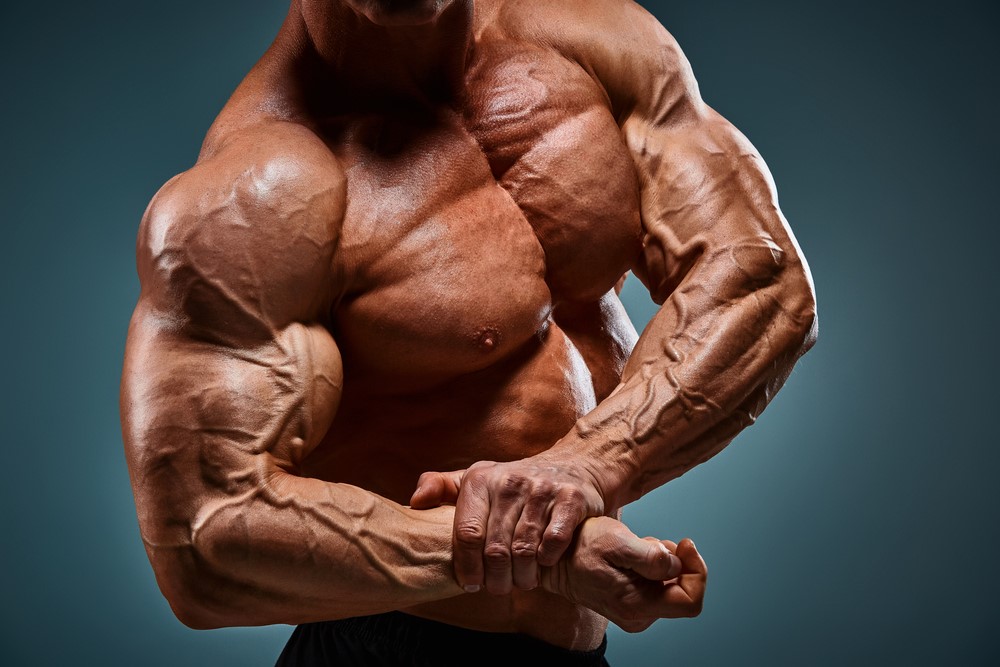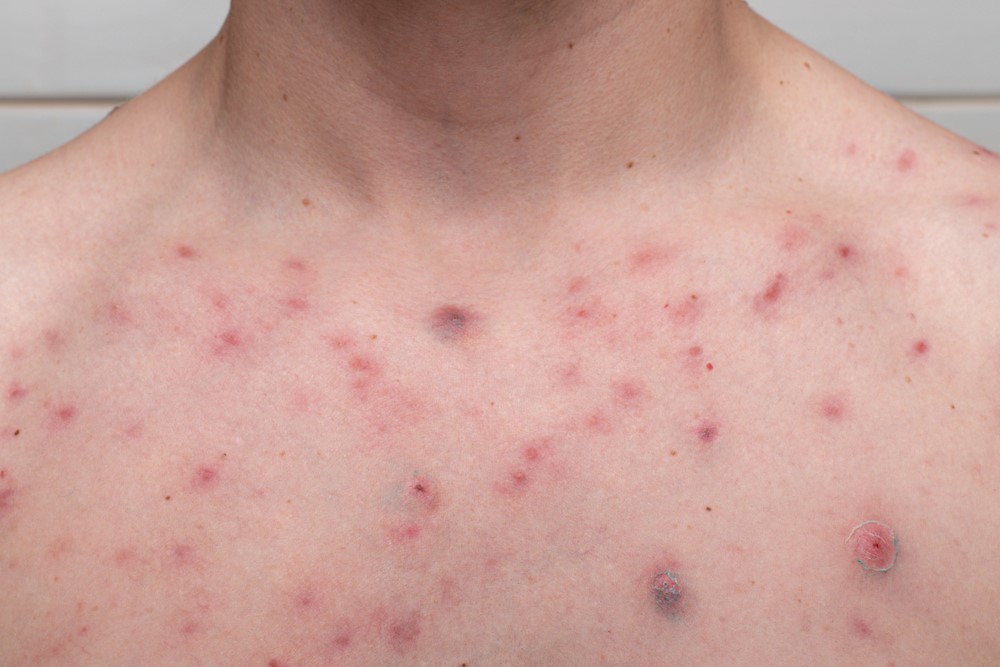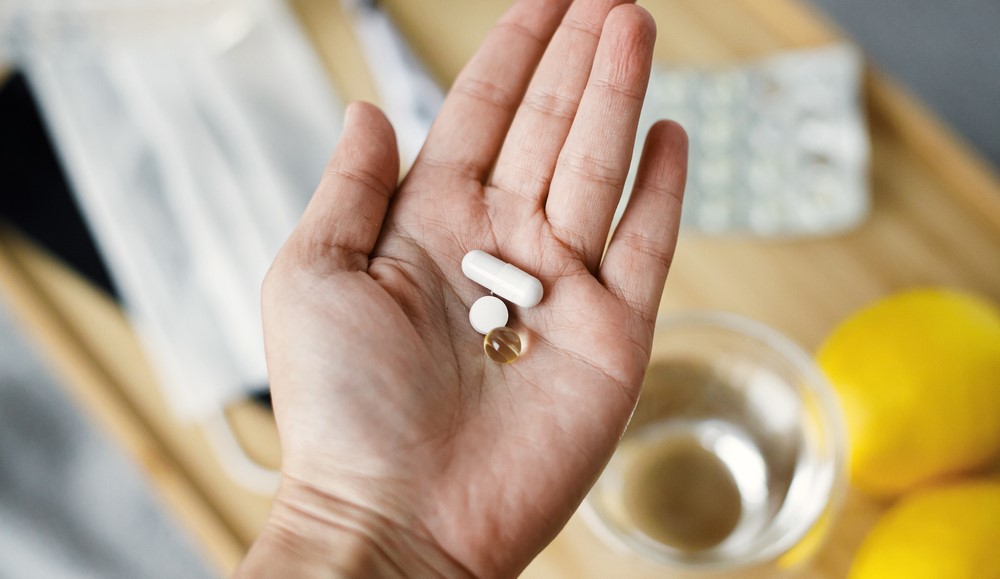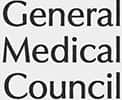When you hear the word “steroids,” you may think of bodybuilders, powerlifters, or athletes using them to enhance performance. Alternatively, you might think of medical steroids prescribed for treating inflammatory conditions or other severe diseases. Steroids fall into two main categories: anabolic-androgenic steroids (AAS) — often referred to as “roids” or “juice” and typically illegal without a prescription — and corticosteroids, which are clinically administered to manage serious medical conditions.
Both types are synthetic drugs designed to mimic the natural hormone testosterone found in the body. However, they serve vastly different purposes. While anabolic steroids carry an infamous reputation, understanding their role is essential for making informed decisions, recognising potential dangers, and distinguishing them from medically supervised treatments like testosterone replacement therapy (TRT).
In this article — as clinical professionals and experts in hormone replacement therapy — we will shed light on anabolic steroids (AAS), their intended uses, and the risks associated with prolonged use.
How do Anabolic Steroids Work?
Anabolic steroids copy the effects of testosterone, a hormone that helps build muscle, strengthen bones, and develop male traits like a deeper voice. They work by attaching to particular cells in the body, speeding up the process of muscle repair and growth, meaning users can build muscle faster, get stronger, and recover more quickly after workouts.
Doctors may prescribe steroids in small amounts to treat health problems like muscle loss or low hormone levels. However, recreational users often take higher doses to boost performance or improve their appearance.
How are Anabolic Steroids Used?
There are many types of anabolic steroids differentiated by brand names and how they are taken, i.e. pills, gels or injections. Anabolic steroid use generally falls into two camps: medical uses and recreational performance enhancement.
Medical Uses for Anabolic Steroids
Anabolic steroids have legitimate medical applications when prescribed and monitored by a healthcare professional. These include:
- Treating Hormone Deficiencies: Steroids can be prescribed to address low testosterone levels in men, which may cause fatigue, low libido, or muscle weakness.
- Managing Chronic Illnesses: Steroids are sometimes used to prevent muscle wasting in conditions such as HIV/AIDS or certain cancers.
- Promoting Recovery: They may aid in the recovery process for patients undergoing surgery or suffering severe injuries by accelerating muscle repair and tissue growth.
When used medically, these drugs are administered in controlled doses to minimise risks and ensure safety.
Related: Testosterone vs Steroids: Benefits, Side Effects and Usage
Recreational Performance Enhancement
You may notice individuals with unnaturally large physiques at gyms and wonder how they achieved such results. In some cases, they may be using anabolic steroids or other performance-enhancing drugs (PEDs). Some professional athletes also use these substances to gain a competitive edge.
Anabolic steroid use has seen a significant rise in the UK, with estimates suggesting that upwards of 500,000 men are using these substances non-medically. Often, this is driven by pressures to achieve a particular body image and improve athletic performance.
This increase in use reflects a normalisation of performance-enhancing drugs in specific social and online communities. Despite their associated health risks and legal restrictions, these drugs are frequently used to build muscle, reduce body fat, or improve strength.
Steroids can also reduce inflammation, enabling users to train harder and for longer periods. Resistance training causes tiny tears in the muscles, which are repaired through protein synthesis, resulting in muscle growth. Steroids can accelerate this recovery process, allowing faster and more noticeable gains.
Anabolic Steroid Effects
When using this synthetic hormone, the general effect is an increase in muscle strength and recovery after workouts. However, if misused, the withdrawals and medical risks are substantial. The side effects can be both physical and psychological, providing long-lasting consequences.
Physical Side Effects:
- Liver Damage: Prolonged use can result in liver damage or liver cancer.
- Cardiovascular Problems: Anabolic steroids can increase the risk of heart attacks, stroke, and high blood pressure.
- Hormonal Disruptions: Use can cause imbalances, leading to reduced natural testosterone production, infertility, and testicular atrophy.
- Gynecomastia: Male users may develop enlarged breast tissue due to hormone imbalances.
- Hair Loss: Steroid use can lead to male-pattern baldness in both men and women.
- Skin Issues: Acne, oily skin, and increased risk of skin infections are common.
- Increased Risk of Blood Clots: Steroids may elevate red blood cell count, which increases the risk of blood clots.
Psychological Side Effects:
- Mood Swings: Steroid use can cause dramatic mood shifts, from irritability to extreme aggression (often referred to as “roid rage”).
- Depression: Users may experience depressive episodes, especially during withdrawal.
- Addiction: Some individuals may develop a psychological dependence on steroids.
- Paranoia and Delusions: Long-term use can lead to paranoia, delusions, or other mental health issues.
Withdrawal from Anabolic Steroid Abuse
Those who use steroids for recreational and performance enhancement often vary the dosage for optimal results. For example, some use the synthetic hormone in high quantities and then “level” out. However, taking high dosages or misusing the substance for a long time can cause dangerous withdrawals. Here are some symptoms one should look out for;
- Fatigue
- Decreased libido
- Depression
- Mood swings.
It’s critical to understand that using anabolic steroids without medical supervision can lead to serious health risks. For anyone considering steroid use, consulting with a healthcare provider is essential to minimise harm. Additionally, post-cycle therapy (PCT) is often recommended to help restore natural hormone levels after steroid use.
Alternatives to Anabolic Steroids for Performance Enhancement
There are also natural supplements that promote strength and recovery. While not as extreme and effective, it’s still much safer and healthier to consider these alternatives instead of anabolic steroids. Here are some to consider:
Creatine: A natural amino acid that can enhance strength, power, and performance in activities like sprinting. It significantly improves muscle contraction performance after five to seven days of use.
Vitamin D: Vitamin D is important for bone and muscle health, and there is a potential link between deficiency and muscle weakness. Naturally occurring in sunlight, oily fish, and egg yolks, vitamin D can also be taken as a tablet.
Zinc: Adding this to your diet or supplementation routine can help support muscle integrity, especially during intense physical activity or as part of a fitness regime focused on strength and recovery.
Magnesium: This mineral helps regulate energy production during exercise and supports muscle contractions, making it indispensable for athletes and fitness enthusiasts. It also contributes to maintaining muscle integrity, particularly under the stress of intense physical activity.
A Safer Approach to Steroid Use
At Harley Street MD, we provide support and guidance for those who choose to use steroids, whether it’s for a medical condition or otherwise. We believe in a non-judgmental approach to help you avoid irreversible damage to your body and hormone levels.
We provide a range of alternative therapies for those either suffering from steroid abuse or those who need hormone treatment for other physical conditions.
Testosterone Replacement Therapy (TRT)
TRT is a highly effective treatment for men experiencing low testosterone levels due to ageing, medical conditions, or lifestyle factors. Our options include:
- Transdermal Testosterone: Applied as a gel or patch to deliver steady testosterone levels.
- Oral Testosterone: Convenient capsules for daily hormone supplementation.
- Intramuscular Testosterone: Injections administered periodically for consistent and controlled testosterone levels.
These therapies are closely monitored to ensure optimal results, improve energy, libido, and muscle mass, and prevent long-term health complications.
Human Growth Hormone (HGH) Therapy
HGH therapy is designed to restore growth hormone levels, which naturally decline with age. This treatment can help:
- Enhance muscle growth and recovery.
- Improve metabolism and fat reduction.
- Boost overall energy and vitality.
Anabolic Steroid Harm Reduction
Our harm-reduction programme focuses on guiding individuals who use anabolic steroids. Key elements include:
- Monitoring hormone and organ health to minimise side effects.
- Post-cycle therapy to help restore natural testosterone production.
- Nutritional and supplementary advice to support overall health.
We’re Here to Help If You’re Taking Steroids
If you are considering or currently using steroids, professional oversight is essential for maintaining your long-term health. Contact Harley Street MD, to ensure your fitness journey is as safe as possible.













